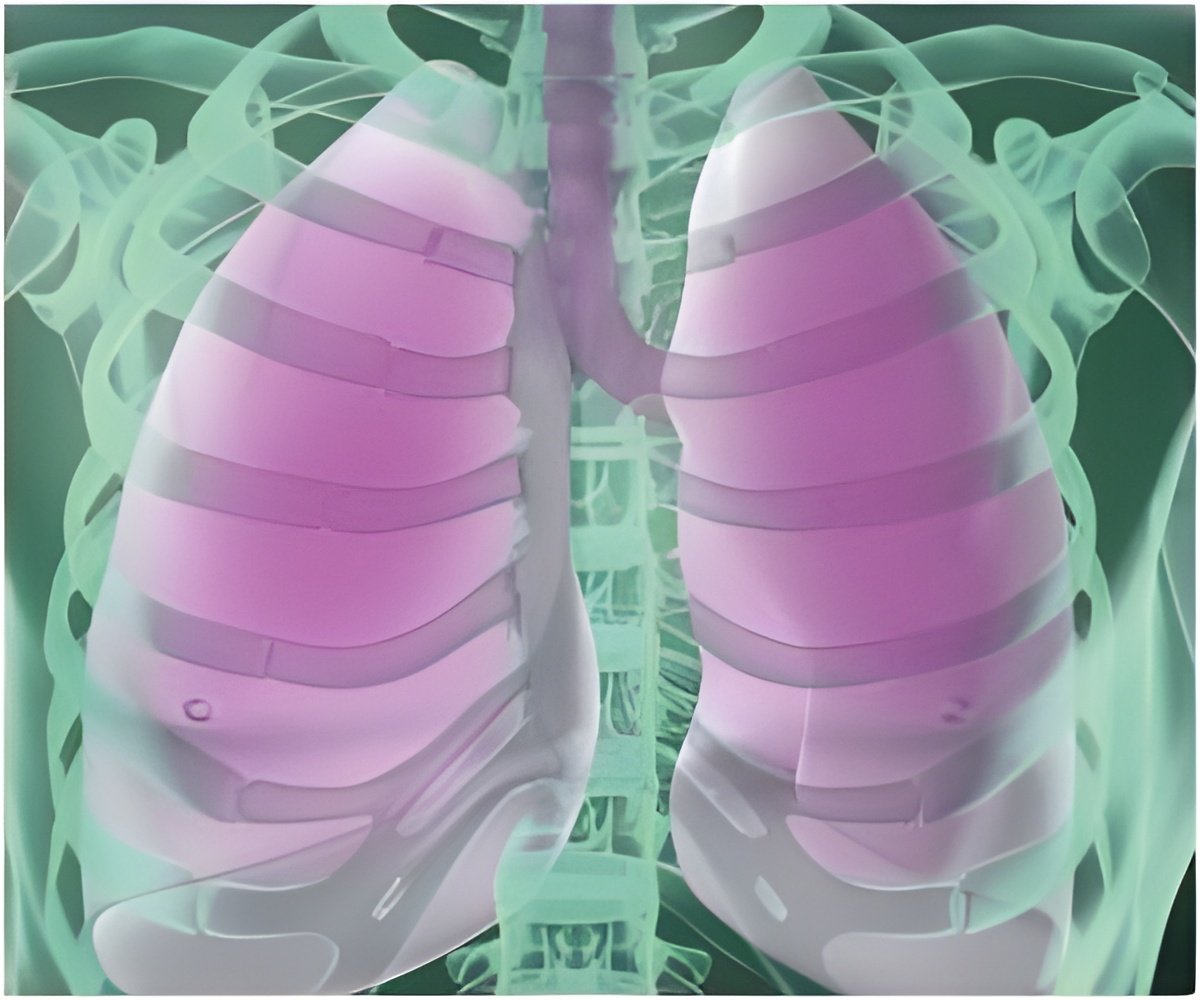In mice, a combination of estrogen-targeting drugs significantly reduces tobacco carcinogen-induced lung tumors, reveals clinical study.

Siegfried presented the results at the AACR-IASLC Joint Conference on Molecular Origins of Lung Cancer: Biology, Therapy and Personalized Medicine, held Jan. 8-11, 2012.
Most lung cancers are positive for a type of estrogen receptor that makes lung tumors grow when exposed to estrogen. In addition, an enzyme in the lung called aromatase produces estrogen. Siegfried and colleagues hoped that by blocking this estrogen receptor and the aromatase enzyme, they might be able to prevent estrogen-sensitive lung tumors.
To test this theory, they conducted a study on two groups of female mice: one group that was currently being exposed to a tobacco carcinogen and one that had past exposure to a tobacco carcinogen and in which some precancerous cells had already formed. The mice were assigned to treatment with a placebo, the aromatase inhibitor anastrozole, the antiestrogen fulvestrant or a combination of anastrozole and fulvestrant.
"The first model asks whether the treatments inhibit the process by which cancer is first started before it is even detectable under the microscope, and the second asks whether the treatments inhibit the process by which microscopic precancers develop into visible tumors," Siegfried said.
In the first model, the combination treatment given during carcinogen exposure resulted in significantly fewer lung cancer tumors compared with placebo or either treatment alone. The tobacco carcinogen was stopped once treatment began to maximize its ability to halt lung cancer development. Combination treatment also resulted in maximum antitumor effects in the second model, where precancerous cells were already present.
Advertisement
Siegfried said that ultimately, the hope is that this research could lead to an approved treatment that could greatly reduce the risk for an ex-smoker to develop lung cancer.
Source-Newswise















